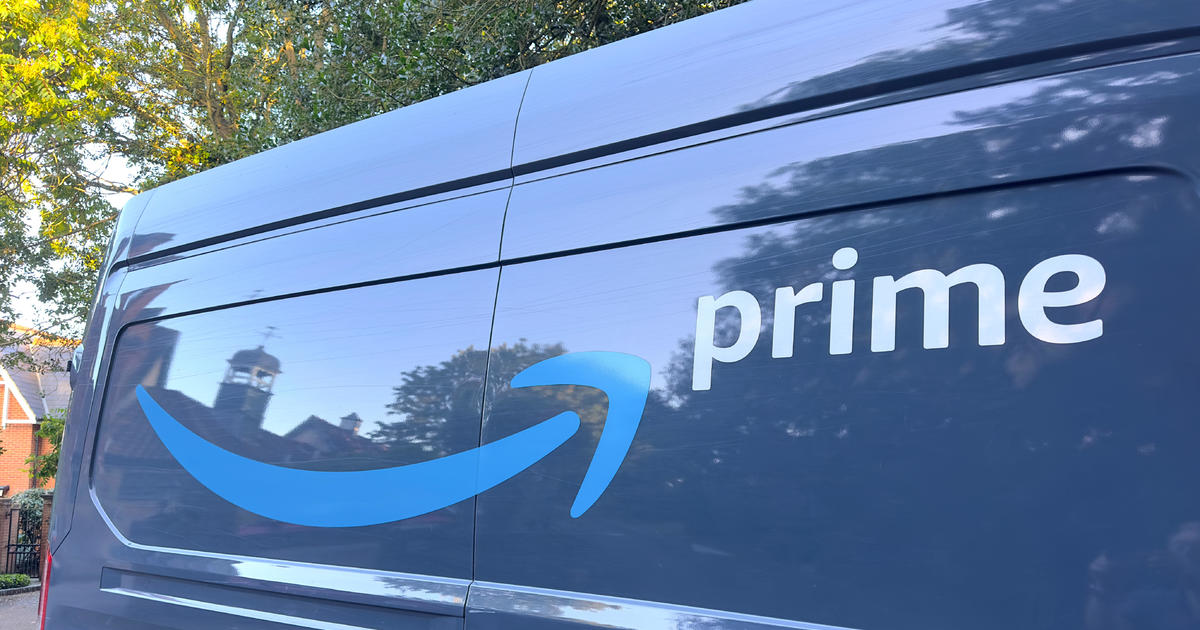Garbage Gourmets Fight Waste
Dinner shared by a group of friends at a well-appointed Greenwich Village apartment featured eggplant Parmesan with a salad of mixed greens and avocado dressing. The guests already had snacked on hors d'oeuvres of smoked mozzarella and crackers.
Not bad considering the diners find their food by digging through garbage. They call themselves "freegans," a play on the words "vegan" vegetarians who avoid all animal products, including dairy, and "free." In an ideological rejection of consumer waste, they only eat food that's been discarded. And in New York City, at least, they never go hungry.
"We find more food than we could ever possibly eat," said Adam Weissman. Just 24 hours before the dinner party, he found a hefty stash outside a gourmet supermarket in Manhattan: bags of salad nearing the sell-by date, dozens of sandwiches, boxes of Ritz crackers, some nice looking squash and loaves of still-crisp baguettes.
Although not all freegans are vegan, they all eat for free. Weissman said that with few exceptions he has not eaten store-bought food, either at home, in a restaurant or as guest of a friend, in more than 10 years.
Weissman and others say they have mixed feelings about Thanksgiving, which Weissman called "basically a celebration of excess."
Madeline Nelson, the host of the freegan dinner party who says she recently left a job in corporate communications at a Fortune 500 company, says she's concerned about holiday over-consumption.
"We are heading into wasting season," said Nelson, who's serving a semi-freegan Thanksgiving dinner to her family, including her 83-year-old father.
A study suggests that freegans may have a point.
Timothy Jones, an anthropology professor at the University of Arizona, conducted a 10-year study that concluded the country wastes 40 percent to 50 percent of its food. A 1997 U.S. Department of Agriculture study put the loss at 27 percent of total U.S. food production, or 96 billion pounds of food.
"The number one problem is that Americans have lost touch with what food is for," Jones said. "We have lost touch with the processes that bring it to the table and we don't notice the inefficiency."
Some freegans hope to call attention to food waste by publicizing their unusual lifestyles. Weissman runs a Web site for the freegan community, offering practical tips, like which city's trash bins yield the best treats in places from Vancouver to Cincinnati.
For instance, the Giant Gourmet Farmers' Market in Hackensack, New Jersey, is a "gold mine," according to the site. But get there early to avoid sifting through discarded fish.
While these images may churn a few stomachs, some doctors condone the practice. Dr. Michael Greger, director of public health and animal agriculture at the Humane Society of the United States, has posted food safety tips on Weissman's Web site.
He says that unopened packaged foods can normally be safely eaten for days after sell-by dates have passed. But he warns freegans to stay away from meat and seafood, eggs, dairy, sprouts, cut melon, and unpasteurized cider or juice, which can be susceptible to bacteria. Mold can be trimmed from "hard or firm foods," he says, but even the brave should stay away from bulging or oozing cans.
"People have this image of looking into a dumpster," an industrial garbage bin, "and seeing slimy garbage, but that's just not the case," he said. "At the same time, food poisoning is no joke, so you have to be careful."



